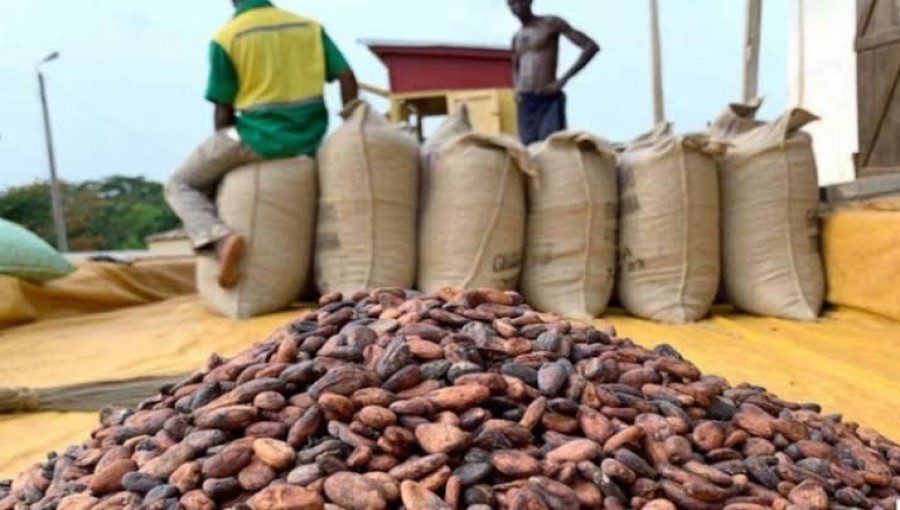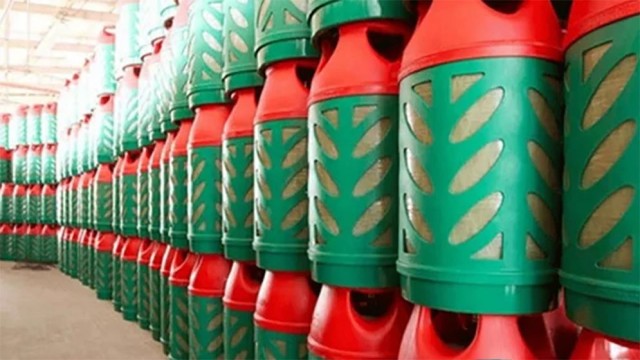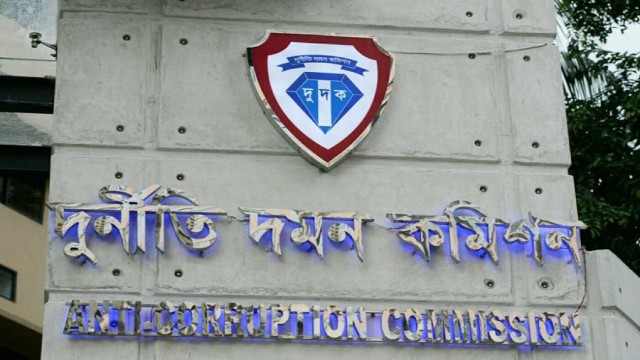Ghana is set to raise the fixed farmgate price paid to cocoa farmers by up to 50% in response to soaring global cocoa prices and to combat bean smuggling, announced a spokesperson from the country's cocoa marketing board, Cocobod, on Wednesday.
The decision comes as cocoa prices have surged, more than tripling over the past year due to disease and adverse weather conditions in Ghana and neighboring Ivory Coast, which together supply over 60% of the world's cocoa beans.
Currently, Ghana's state-guaranteed cocoa price stands at 20,943 cedi ($1,574.66) per tonne, or approximately 21 cedi per kilogram. However, the official farmgate price in Ghana and Ivory Coast has yet to reflect the significant price surge in the global market.
In response to Ivory Coast's recent price hike, raising the farmgate price to 1,500 CFA francs ($2.47) per kilogram, Ghana aims to "neutralize" the impact on smuggling by increasing its own farmgate price.
While the exact details of the new cocoa farmgate price in Ghana have yet to be disclosed, Fiifi Boafo, the head of public affairs at Cocobod, hinted that an announcement could be imminent.
The proposed increment has been welcomed by licensed cocoa buyers in Ghana, who view it as long overdue but acknowledge that it will raise their operational costs.
Ghana's cocoa production has faced numerous challenges in recent years, including strong winds, scant rain, smuggling, and disease, resulting in an estimated 40% shortfall in the 2023/24 season. Cocobod reported significant losses due to smuggling and illegal gold mining in the previous season and expects even greater losses this season with the rising global cocoa prices creating additional incentives for smuggling.
The cocoa swollen shoot virus, which has devastated cocoa farms and yields, continues to pose a significant threat, with approximately 590,000 hectares of farmland affected between 2018 and February 2024.
As Ghana takes steps to support its cocoa farmers and mitigate the impact of global market fluctuations, the cocoa industry remains a vital component of the country's economy, providing livelihoods for thousands of farmers and contributing to export revenues.































Comment: